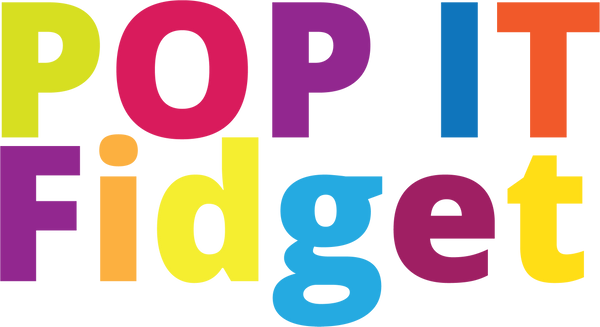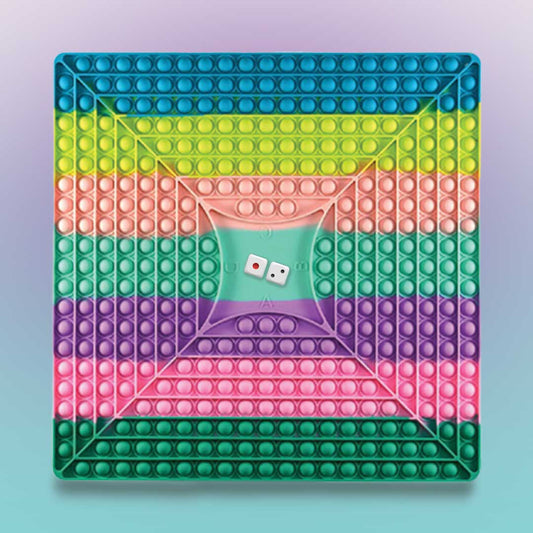The Ultimate Guide to Best Gifts for Autistic Kids: Secrets Revealed!
Autism Spectrum Disorder (ASD) presents unique challenges and opportunities when it comes to selecting gifts for children. The right toys and gifts can significantly enhance the developmental, sensory, and social experiences of autistic children. This comprehensive guide delves into the best gifts for autistic kids, providing insights into their benefits, selection criteria, and specific recommendations. Drawing from various expert sources, this report aims to offer a detailed, informative, and unbiased overview.
Understanding Autism and Gift Selection
Autism affects individuals in diverse ways, impacting communication, behavior, and social interaction. One common thread among many autistic children is their unique learning style. They may excel in visual and spatial skills while finding social cues and abstract concepts more challenging. Understanding these differences is key to selecting toys that not only entertain but also educate (MyParentingAutism).
Criteria for Selecting Gifts
Selecting the right gifts for autistic children involves more than just picking out the most popular or colorful options on the shelf. Here are some key criteria to consider:
- Safety and Durability: Toys should be made from safe, non-toxic materials and designed to withstand intense use without breaking easily.
- Engaging and Stimulating: Toys that capture attention and stimulate the senses can enhance learning and keep children engaged for longer periods.
- Encouraging Social Interaction: For many autistic children, social interaction can be challenging. Toys that encourage cooperative play can help develop these important skills in a fun, stress-free environment.
- Adaptable to Different Skills: Toys that can be adjusted or used in various ways can grow with the child, providing a longer-lasting and more beneficial play experience (MyParentingAutism).
Top Gift Recommendations
Sensory Toys
Sensory toys are particularly beneficial for autistic children as they cater to their unique sensory needs. These toys can help mitigate overstimulation and provide a soothing, engaging experience.
-
USA Toyz Play Tent: This indoor play tent provides a safe space for a child to retreat to when experiencing sensory overload. It comes in three designs: rocket ship, unicorns, and under-the-sea, inspiring imagination and providing a comfortable play environment (Helpful Professor).
-
Adorox Liquid Bubble Drop Motion Wheel: This focus-enhancing toy provides visual stimulation and can help children with autism calm down and focus (MomJunction).
-
12-Sided Fidget Cube: This stress-relieving toy offers various tactile experiences, helping children with autism manage anxiety and improve focus (MomJunction).
Educational Toys
Educational toys play a pivotal role in the development of autistic children, offering a range of benefits from improved motor skills to better social interaction.
-
See & Spell Learning Toy: This toy aids in sight-reading and is designed to engage auditory senses, making it an excellent educational tool for children with autism (MomJunction).
-
Melissa & Doug Basic Skills Board: This board allows children to practice simple dressing skills like tying shoes, buttoning shirts, and buckling bags, enhancing their fine motor skills (MomJunction).
-
FIOLOM Jumbo Nuts and Bolts Set: Ideal for children aged 3-5, this set helps develop fine motor skills and problem-solving abilities (Helpful Professor).
Interactive and Social Toys
Interactive toys that encourage social play can help autistic children develop important social skills in a fun and engaging way.
-
Dress-Up Play Set: This set includes a bear family with 45 interchangeable pieces, including different facial expressions. It helps children with autism practice reading and understanding facial expressions, building hand-eye coordination and dexterity (The Bump).
-
DIY Sock Puppets: These puppets encourage imaginative play and social interaction, helping children with autism develop communication skills (The Bump).
-
Teen Talk in a Jar: This gift includes 101 interesting questions to stimulate dialogue and avoid awkwardness, making it easier for teens with autism to start conversations with peers (Autism Parenting Magazine).
Digital Learning Tools
Digital learning tools offer a versatile and effective approach to education for children with autism, combining the power of technology with the principles of personalized learning.
-
Portable Multi-Message Speech Device: This device helps non-verbal children communicate more effectively, enhancing their social and communication skills (MyParentingAutism).
-
Quest 3 — Breakthrough Mixed Reality: This mixed reality tool provides an immersive learning experience, helping children with autism engage with educational content in a fun and interactive way (MyParentingAutism).
Musical Instruments and Tools
Integrating musical instruments and tools into the learning and therapeutic environments for children with autism supports their developmental needs and provides a joyful and enriching experience.
-
Musical Keyboard: This instrument helps children with autism explore music, enhancing their auditory and fine motor skills (MyParentingAutism).
-
Round Musical Tactile Wall Panel: This wall panel offers a tactile and auditory experience, helping children with autism engage their senses in a fun and interactive way (MyParentingAutism).
Conclusion
Selecting the best gifts for autistic children requires careful consideration of their unique needs and preferences. Sensory toys, educational tools, interactive games, digital learning devices, and musical instruments all offer valuable benefits, from enhancing motor skills to improving social interaction and cognitive development. By choosing the right toys, parents, educators, and caregivers can create a supportive and enriching environment that fosters growth, learning, and well-being for autistic children.





